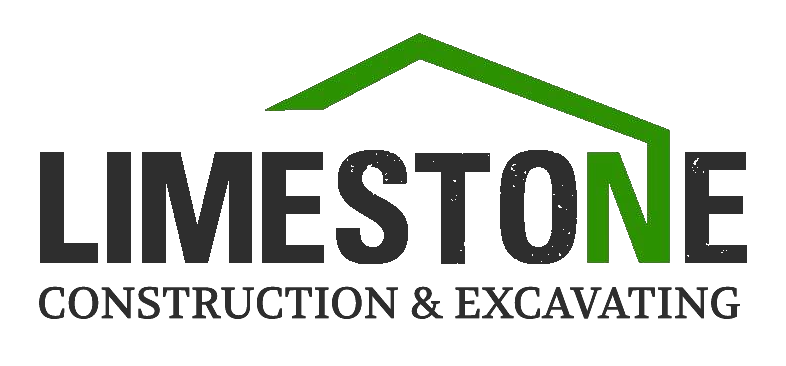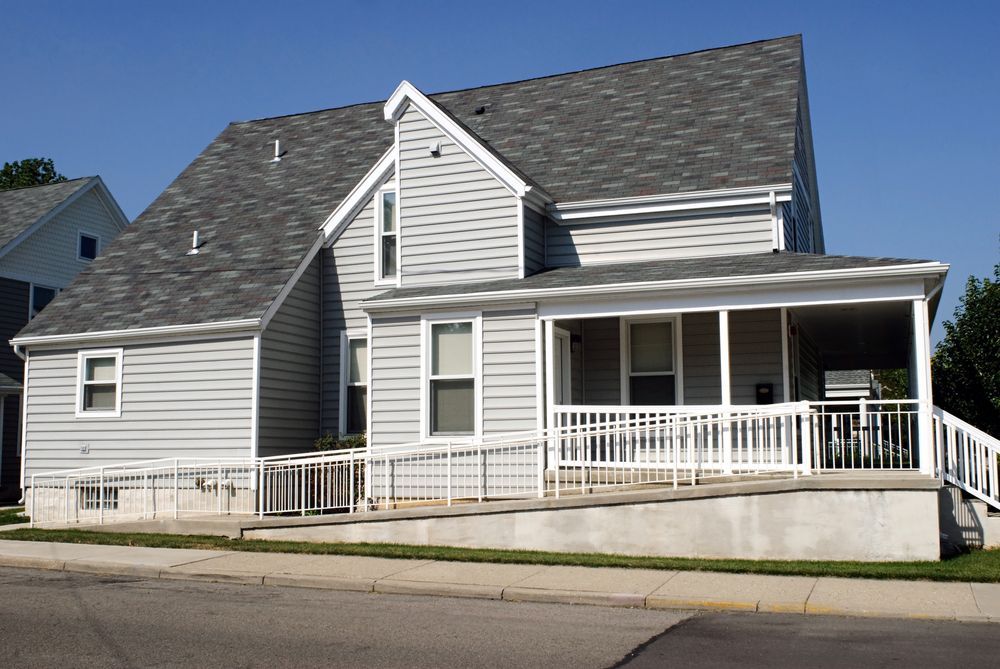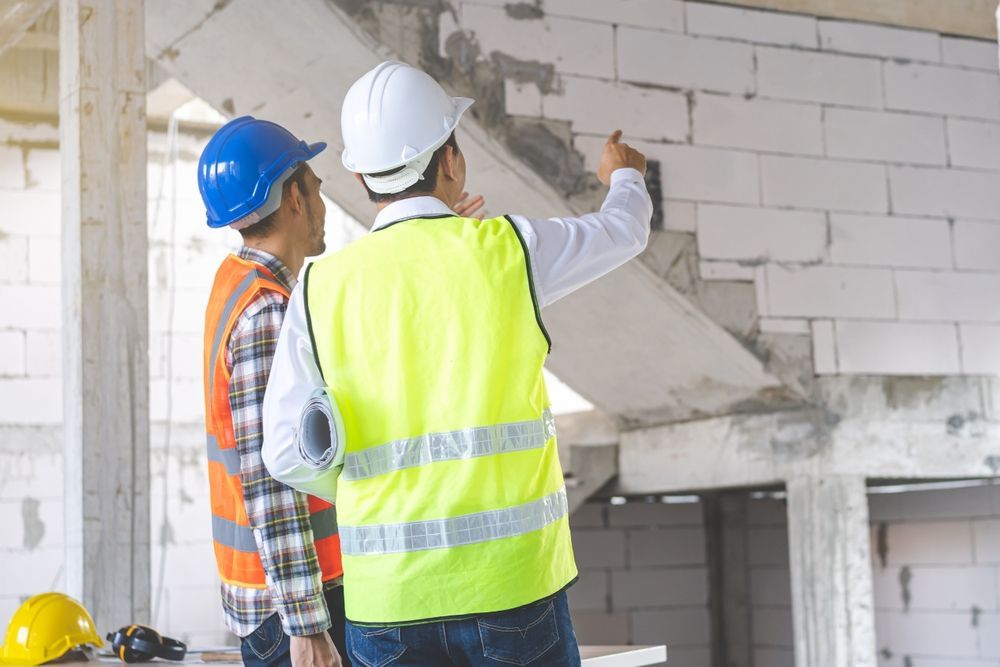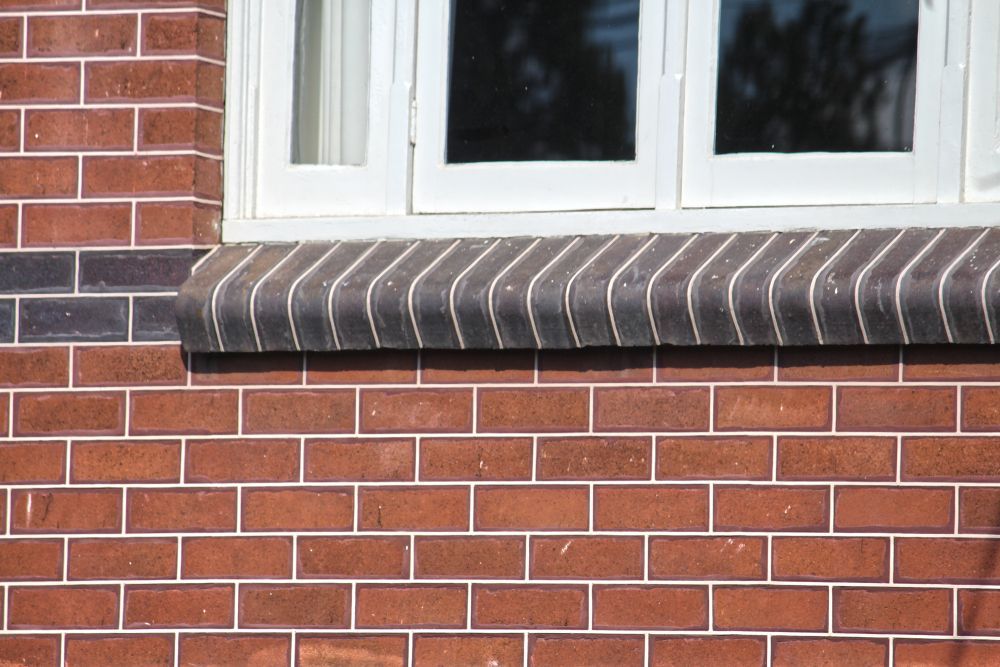The Role of Foundation Repair in Home Longevity
A home's foundation is the structural bedrock upon which everything else rests. It’s not just a concrete slab or a series of walls; it’s the linchpin for the safety, stability, and overall longevity of the entire structure. In Whitby and the surrounding Durham Region, where soil conditions and weather can challenge even the best-built homes, foundation repair is crucial in ensuring a home's lifespan and value. This blog post will delve into the importance of foundation repair, the common signs of foundation issues, and the process involved in repairing and maintaining a sound foundation.
Understanding the Importance of Foundation Repair
The foundation of your home plays a pivotal role in its durability and structural integrity. When your foundation is compromised, the entire house is at risk. Issues like uneven floors, cracked walls, and misaligned doors can occur, leading to more severe structural problems if not addressed promptly.
In the Durham Region, fluctuating weather patterns, from harsh winters to heavy rainfall seasons, can cause the soil to expand and contract. This can exert pressure on foundations, leading to cracks and shifting of the foundation itself. Repairing these issues is not just about maintaining appearances but about preventing further structural damage that can become more costly over time.
Common Signs of Foundation Issues
Recognizing the signs of potential foundation problems early on is essential for timely intervention. Here are some common indicators that your home may need a foundation inspection:
1. Cracks in Walls and Floors: Visible cracks in brickwork, walls, or floors are a telltale sign of foundation issues. Horizontal cracks are particularly concerning and should be inspected by professionals.
2. Sticking Doors and Windows: If your doors and windows are suddenly difficult to open or close, it might be due to a shifting foundation that has altered their frames.
3. Uneven or Sagging Floors: Floors that are uneven, sagging, or sloping could indicate that the foundation beneath is compromised.
4. Water Damage or Moisture: Excess moisture in the basement or crawl spaces can be indicative of foundation cracks allowing water infiltration.
5. Gaps Around Frames: Gaps around window and door frames can occur when the foundation settles unevenly, causing the frames to pull away from the walls.
The Foundation Repair Process
When you identify potential foundation issues, it’s crucial to engage professional services like Limestone Construction and Excavating, who are experienced in foundation repair. Here’s what the repair process typically involves:
1. Initial Inspection: A thorough inspection assesses the extent of the damage and determines the appropriate repair strategy. This involves checking the severity of cracks, moisture levels, and structural alignment.
2. Soil Testing: Understanding the soil composition around your foundation helps in determining why the issue occurred and how to prevent it in the future. Soil testing can reveal problems like poor drainage or expansive clay that can affect foundation stability.
3. Repair Strategy: Depending on the type and severity of the damage, various repair methods may be employed. These can include underpinning, slab jacking, or using piers to stabilize the foundation.
4. Implementing Repairs: The chosen repair method is executed by skilled technicians. This phase may involve lifting and stabilizing the foundation, sealing cracks, and improving drainage systems to prevent future issues.
5. Final Assessment: After repairs, a final assessment ensures that the foundation is secure and that the structural issues have been effectively addressed.
Preventative Measures to Protect Your Foundation
Prevention is always better than cure. Here are some proactive steps you can take to minimize the risk of foundation issues:
- Maintain Good Drainage: Ensure that water flows away from your home's foundation. Gutters and downspouts should be functional and directed well away from the house.
- Regular Inspections: Schedule regular foundation inspections to catch potential issues before they develop into significant problems.
- Control Moisture Levels: Keep the soil around your foundation at a consistent moisture level to prevent excessive expansion and contraction.
- Manage Vegetation: Ensure trees and shrubs are planted at a safe distance from your home. Their roots can cause damage if they grow too close to the foundation.
Foundation Health and Your Home’s Future
The longevity of your home largely depends on the health of its foundation. A proactive approach to foundation repair can save you from costly future repairs and maintain your property’s value. At Limestone Construction and Excavating, we understand the importance of a strong foundation in the harsh climate of the Durham Region. Our experienced team is ready to inspect, repair, and maintain your foundation to ensure your home stands strong for years to come. Don't wait for minor issues to become major headaches. Contact us today at (905) 431-9924 or email us at quote@limestonece.com to arrange a professional foundation inspection and take the first step towards safeguarding your home’s future.










